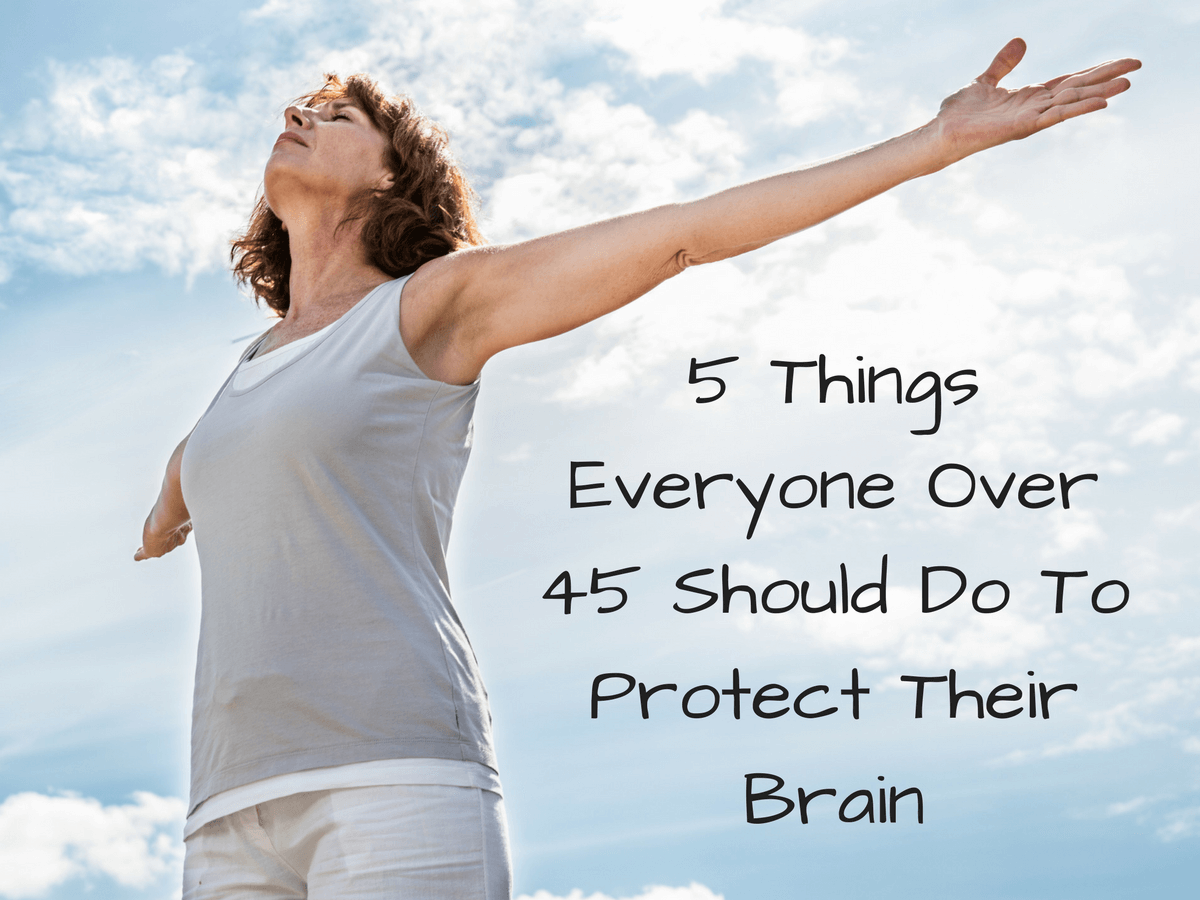It’s important to get the most out of your brain. Your brain’s the powerhouse that controls your entire body, so if you’re not using it to its maximum potential, you’re not getting the most out of life.
This is particularly true for university students. You need to keep your brain in top-notch shape so that you can memorize facts, understand new information, and share the things you’ve learned with your study partners.
Here are 5 tips you should know if you want to unlock the full potential of your brain. A lot of people aren’t aware of these simple techniques, but that doesn’t mean they’re any less important!
1. Use nootropics
Nootropics are a class of drugs that have gained popularity in recent years for their efficacy. A nootropic is a chemical that improves the cognitive function of the user, be it through an improved memory, a better ability to understand and relate new information, better logical deduction, reduced anxiety … the list goes on.
Nootropics include drugs made specifically to improve your cognitive ability.
Piracetam is considered one of the granddaddy nootropics because it was one of the first, and certainly the most rapidly successful, of the drugs developed specifically to improve mental ability. Piracetam’s effects include improved memory, improved focus, a better ability to understand complex information, and light stimulation. There are several other analogs of piracetam that have been developed that have similar effects. Oxiracetam also improves general cognitive ability but is better known for its improvement to memory recall, and aniracetam improves general cognitive function and is noted for its ability to reduce anxiety.
Noopept is an extremely potent nootropic peptide that functions very similarly to the racetam family. The main difference is its potency − noopept is active with just a couple of milligrams!
Phenibut is a nootropic that’s known to reduce anxiety and improve focus as well as improving the user’s mood. It operates on the same receptors as alcohol and benzodiazepines, but is able to do so without the brain fog that’s associated with these drugs. However, no class of drugs is immune to unwanted side effects. Phenibut can be extremely addictive and must be used with caution.
Nootropics aren’t all synthetic drugs. Many natural substances can be considered nootropics − you’ve probably even used some of them yourself!
Caffeine, present in coffee and tea, is well-known for its ability to improve focus and provide stimulation. A huge percentage of the world’s population uses caffeine for its benefits, and yet most aren’t even aware that they’re using a nootropic!
St John’s Wort is a herb that provides impressive antidepressant effects. Like Prozac and many other prescription drugs, it’s an SSRI (selective serotonin reuptake inhibitor).
Ashwagandha is a herb that’s been used for years in Ayurvedic medicine to lower anxiety, improve mood, and improve cognitive function.
If you’re not keen on the idea of using nootropics, have no fear. There are many other ways to improve your brain power.
2. Get proper rest
Sleep is crucial for maintaining the function of your brain. In our article on sleep deprivation we explore many of the reasons why being deprived of sleep is detrimental to your brain.
Your brain uses your resting time to heal itself, to restore important neurotransmitters (the chemicals in your brain that allow it to communicate with other parts of your body and maintain stability in mental and physical systems), and to strengthen itself. If you don’t get enough sleep, your brain won’t have enough fuel to function properly.
3. Get regular exercise
Exercise is another vastly underrated activity for the human brain.
Exercise keeps your brain and body fit. Having a healthy, well-maintained body is vital because it ensures you’re able to absorb the nutrients that your brain requires to function properly. If your body doesn’t work well, your brain won’t be able to work well, either.
Exercise also causes a release of endorphins. Endorphins are one of your brain’s methods of regulating your mood, and a release of endorphins is almost always associated with a pleasant mood lift. Vigorous exercise for at least twenty minutes causes a burst of these feel-good chemicals, and another added bonus is that you won’t have to deal with the addiction and dependency that’s commonly associated with drug use.
4. Eat a healthy diet
Your diet is a huge factor in how well your brain works.
A lot of the nutrients in foods can be considered nootropics in their own right.
The B-complex vitamins, for example, are crucial in ensuring that your body metabolizes carbohydrates properly. Without them, your brain would have no energy.
Phosphorous is a nutrient that doesn’t get as much respect as it deserves − it’s a vital component of cellular structure. Without enough phosphorous, your cells won’t be able to work.
While it’s possible to supplement vitamins and minerals as nootropics − and, in some cases of severe deficiency, this is actually recommended − the best thing to do is just to eat a balanced diet. Excessively supplementing with a particular nutrient might help clear up a deficiency, but your body can’t absorb massive amounts of vitamins or minerals at the same time.
Fruits and vegetables often contain specific phytonutrients (plant-based nutrients) that improve the absorption of other nutrients in the food. This means that eating, say, an apple provides you with a healthier source of vitamin C than simply taking a supplement. Following this logic, your best bet is to eat a varied diet with many different types of fruits and vegetables.
5. Socialize
Human beings are social creatures, and an active social life is extremely important for us.
Not many people know that maintaining an active social life is important for your cognitive function. This doesn’t mean go out and get drunk every day with as many people as you can find − that’d be counterproductive! Instead, just make sure you have social interactions. Use language, make connections (however brief), and try to step out of your comfort zone. Having conversations helps your brain learn to build connections more quickly, and positive interactions have a huge impact on your mood.
In conclusion
Your brain’s the most important organ in your body, and it’s important to keep it working well. There are lots of different ways that you can improve the way your brain works, and the ones we’ve just gone over are the most important.
If you follow all of these techniques, your brain will soon be a powerhouse of mental prowess and you’ll be the envy of the other students!



